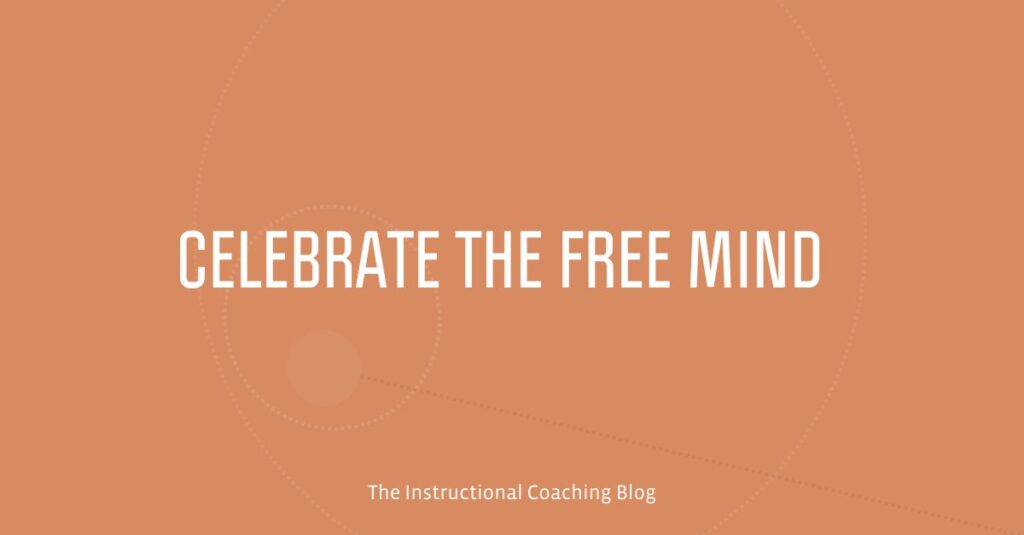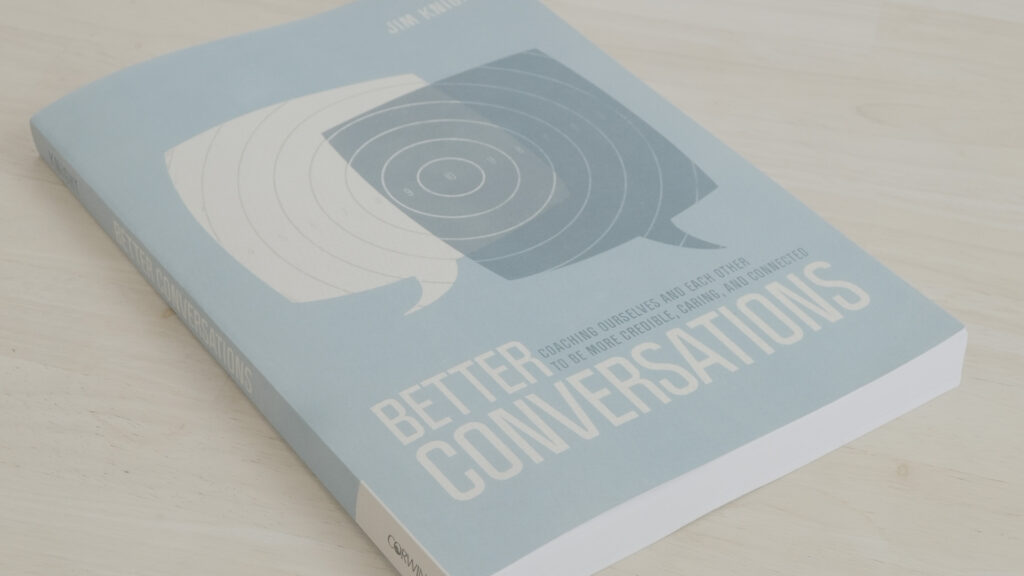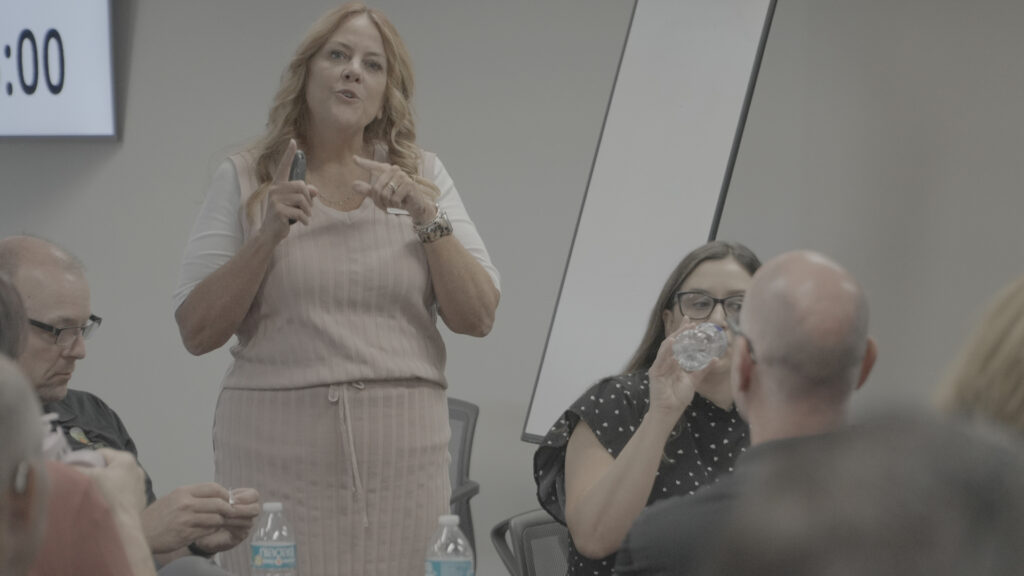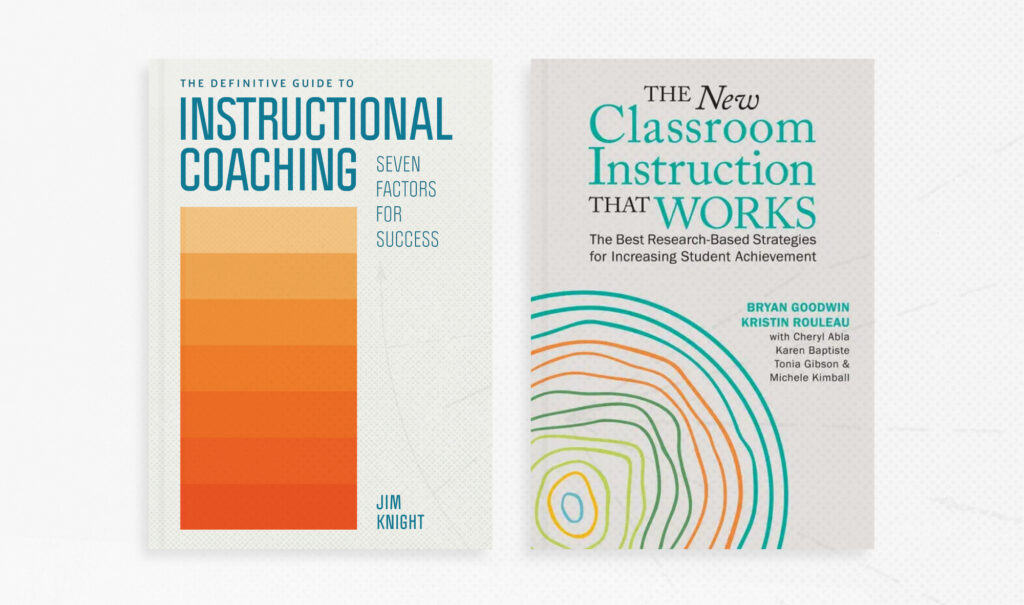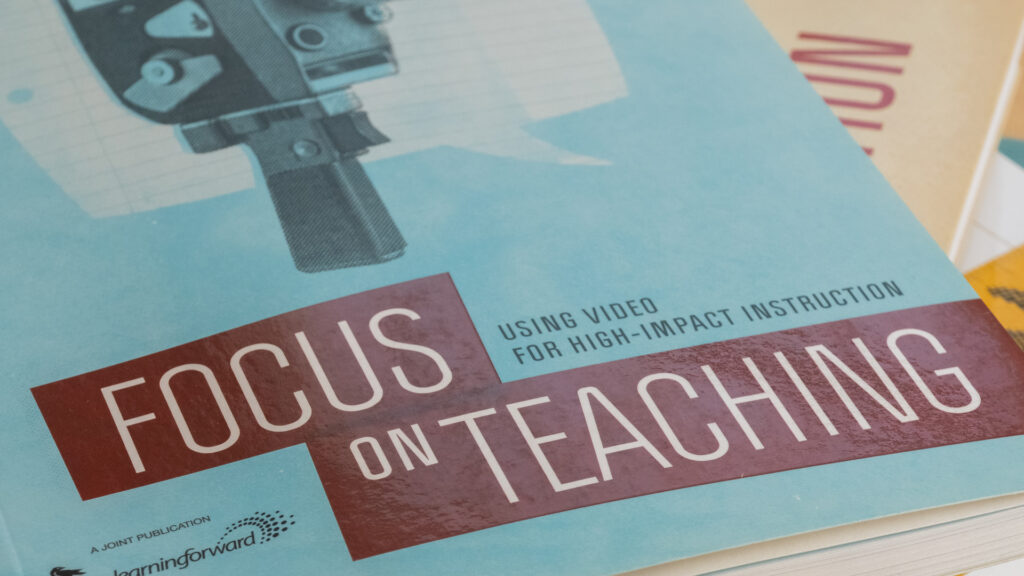I started reading Robert Sutton’s new book Good Boss, Bad Boss because (a) I was interested in what the book might teach me about leadership in organizations, and (b) because I have found all of Sutton’s books to be insightful, practical, and helpful (and, I might add, very entertaining). I expected, of course, to learn a lot about being a boss. What happened, though, totally surprised me: as I read Good Boss, Bad Boss, I found my head spinning with the parallels I noticed between good bosses and good teachers, especially with regard to one of his main themes, Power Poisoning.
Power Poisoning, especially has implications for anyone who embraces the profession of teaching. Sutton references many studies to support a fundamental assertion of this: power poisons our ability to understand our subordinates’ needs and damages our ability to empathize with their experiences. In particular, Sutton references Dacher Keltner’s research studying power dynamics. One especially fascinating study Sutton mentions is Keltner’s “cookie experiment:”
Three-person student teams were instructed to produce a short policy paper. Two members were randomly assigned to write it; the third member evaluated it and determined how much to pay the two “workers.” After about thirty minutes, the experimenter brought in a plate of five cookies. It turned out that a little taste of power turned people into pigs: not only did the “bosses” tend to take a second cookie, they also displayed other symptoms of “disinhibited eating,” chewing with their mouths open and scattering crumbs.
The “cookie experiment” is just one study from Keltner’s fifteen years of studying power. Keltner (quoted in Sutton’s book) summarizes what he discovered about the potential hazards of power in graphic and dramatic terms:
People with power tend to behave like patients who have damaged their brain’s front orbitofrontal lobes … a condition that seems to cause overly impulsive and insensitive behavior. Thus, the experience of power might be thought of as having someone open up your skull and take out that part of your brain so critical to empathy and socially appropriate behavior.
Power, Sutton explains, doesn’t affect everyone the same way because of course “there are empathetic and civilized bosses.” But power can poison our ability to see the world through other’s eyes if we are not careful. “There is ample evidence,” Sutton writes, “that power turns people into insensitive jerks.” Few people have more direct power over others than teachers.
Like a boss with plenty of reports, teachers observe, direct, evaluate, reward and punish students. And like good bosses, teachers need to be vigilant to ensure they don’t let power poisoning change their perceptions. Thus one important task of all teachers, whether in kindergarten or college, is to avoid Power Poisoning.
There is much we can do to fight Power Poisoning, but the most important strategy may simply be to go out of our way to deeply understand how our students are experiencing our class and our school. We can deepen our empathy for students by creating time for one-to-one conversations with students, by asking kids to do assessments of their feelings and not just their learning, or simply by taking the time to carefully observe our students to try and sense exactly how they are experiencing school.
We can also deepen our understanding of our students by taking classes that we find challenging (I gained a deeper insight into learning while having a significantly frustrating time understanding instruction in a class on how to use my little digital camera, for example). And we can learn a lot about our students by sitting in other teachers’ classes, if they don’t mind, so we can carefully watch how students experience school.
The simplest way to better understand our students might be to take a moment each day to focus on one student in every class and ask, “how is she or he feeling about this learning experience right now?” Few things are more damaging to learning than the power tripping that occurs when teachers let power poison their perceptions and limit their empathy. And few things are more nourishing to learning than teachers who clearly understand how students feel. Empathy can be like miracle-gro for kids.
We can avoid Power Poisoning by walking a mile in our kids’ shoes. When we do so, my guess is we will find that our better understanding of our students often empowers them to be more open to learning.



